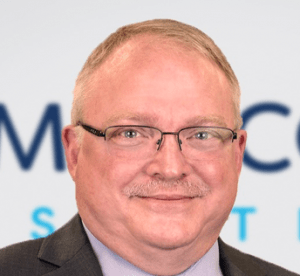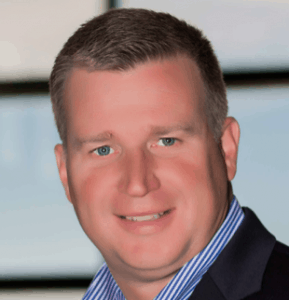What does the year hold for healthcare/health IT? We have several experts who provided us with their predictions for the coming year.
They addressed upcoming trends in physician’s practices, machine learning, and revenue integrity.

Unstructured Data will Become More Valuable in Healthcare:
“As value-based models for care become the norm, a holistic view of the patient’s complete medical history will be increasingly in demand. Manual coding will not be able to keep pace. In 2018 we expect to see more reliance on the AI technique of Natural Language Processing (NLP) to interpret the unstructured notes. NLP is already being used successfully to alert physicians to clinical risk, to help with cohort selection for clinical trials, to monitor quality of care, and to detect trends. It is also being used to better understand large patient populations, such as building models to predict likely opioid abuse.
Machine Learning is being seen as one of the key technologies for the 21st Century. It has been used within NLP for many years to understand the structure of language, but NLP can also facilitate wider use of Machine Learning for tasks such as decision support. NLP provides access to features which would otherwise be trapped within the unstructured text. These features can be gathered from the complete medical history. Machine Learning built on NLP can weigh the importance of the features to provide suggestions that might otherwise have been missed.
We already have clinicians accompanied on ward rounds by information professionals. The information professionals use NLP to find relevant case histories to ensure decisions are well informed. As the tools get simpler we will expect the clinicians to do this themselves. Self-service is everywhere, from retail to hospitality. In healthcare, in 2018 we will expect self-service to become more widespread for both clinicians and patients alike. NLP and machine learning will make information accessible not only from the complete medical history of individual patients, but also across large populations.” – Dr. David Milward, CTO, Linguamatics

Technology Will Begin to Serve Physicians:
“Health systems and health IT vendors have spent too many years overlooking the needs of physicians. I’d like 2018 to be the year that the industry fully embraces the knowledge and expertise that physicians can provide to optimize technology and patient care. However, I predict that physicians will continue to be frustrated with the administrative burdens of practicing medicine that keep them from focusing strictly on patients. They will continue to struggle with declining productivity because most technologies serve as a roadblock, rather than as an enabler, of delivering patient care. They will also continue to struggle to glean insights from patient data because these HIS systems make it so difficult to find the right data at the right time while the patient is in the room.
My recommendation for 2018 is that health IT vendors strive to co-create clinical systems that doctors want to use—and that they include physicians in every step of the process, from design to testing. Physician collaboration will be a game-changer for those that are willing to adopt this new mindset, develop better solutions that think and work like a physician, and to truly be innovative in the new year.” – Jay Anders, MD, CMO, Medicomp Systems

Healthcare is Moving Towards Automation:
“The takeaway for hospital revenue cycle departments from 2017 is the increasing urgency to find relief from the manual labor or outsourcing costs of chasing after claim statuses, authorization verification, patient prices estimates and other communication with payers that eat up precious hours on the clock, and take precious dollars from the bottom line. To that end, I predict that artificial intelligence (AI) capabilities like robotic process automation (RPA), machine learning (ML), and natural language processing (NLP) will continue to accelerate into healthcare provider and business process outsourcer’s revenue cycle departments in 2018.
AI Automation is the only way to efficiently and cost effectively carry out those functions at scale— especially given the increase in authorization and medical necessity demands and denials. We can also expect hospitals to make major inroads in using automation to accommodate the patient as payer. In 2018, look for more hospitals to integrate consumer-friendly payment collections and price transparency solutions at every point of service. In a related suggestion, hospitals should try to protect their patients from surprise medical bills. Between that and the ability to proactively present patients with accurate estimates based on real time coverage, hospitals can cement their reputation as a trustworthy provider in an ever more competitive market.” – Jay Deady, CEO of Recondo Technology

Interoperability is Complicated – But Inevitable:
“We seem to be sitting on the precipice of a perfect storm for interoperability. CMS is clearly chasing interoperability with a vengeance and, for population health, interoperability is an absolute imperative. Also, all the new wearable devices, whose real value comes from combining that data with all the other consumer data, requires a whole new level of interoperability. The bottom line is interoperability is becoming more complex, not less, requiring very comprehensive solutions.” – Terry Macaleer, President, Orion Health U.S.
The Editorial Team at Healthcare Business Today is made up of skilled healthcare writers and experts, led by our managing editor, Daniel Casciato, who has over 25 years of experience in healthcare writing. Since 1998, we have produced compelling and informative content for numerous publications, establishing ourselves as a trusted resource for health and wellness information. We offer readers access to fresh health, medicine, science, and technology developments and the latest in patient news, emphasizing how these developments affect our lives.







